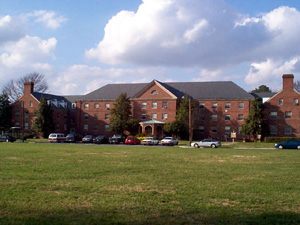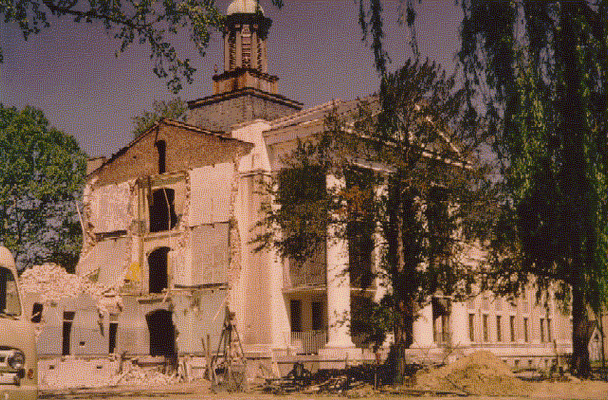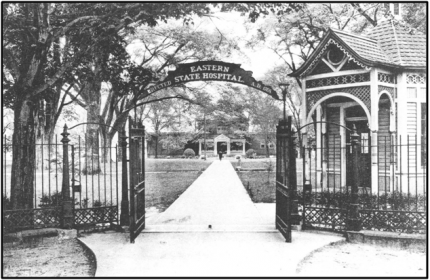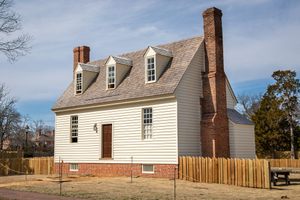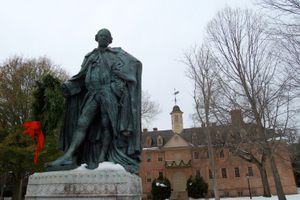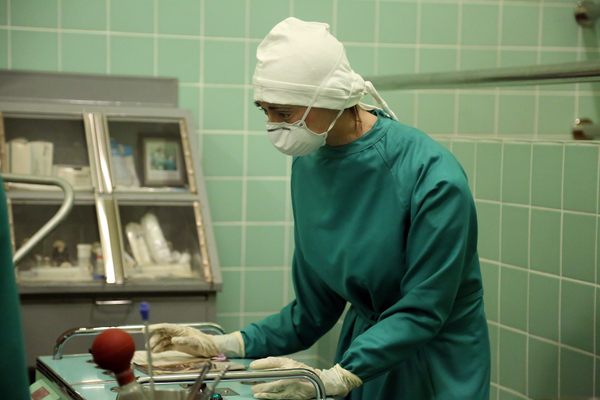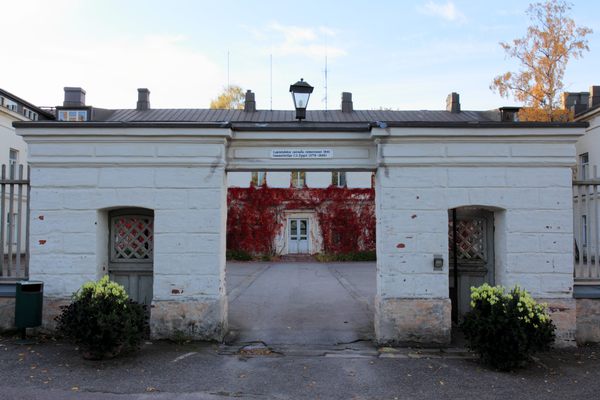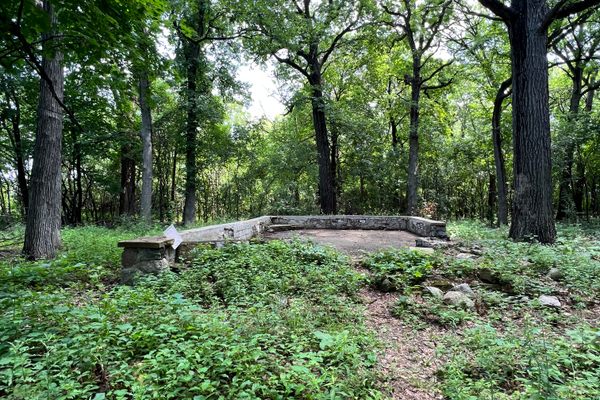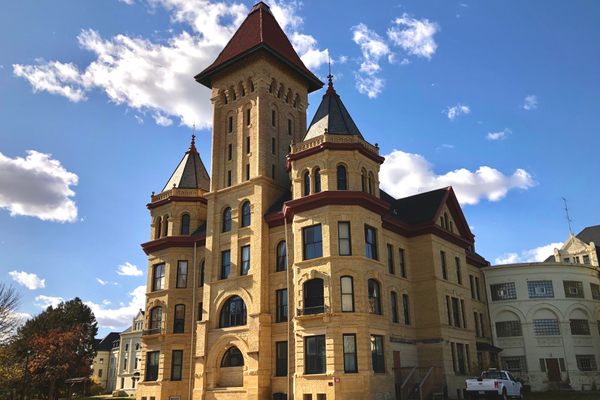About
The Public Hospital for Persons of Insane and Disordered Minds, as the Eastern State Hospital was first known, was America's first public mental health facility, established 1773 in Williamsburg, Virginia.
Though the aim was noble, the practices would be considered brutal by modern standards. Bleeding, bullying, blistering salves, and electrocution were all standard treatments. This was changed under the supervision of Dr. John Galt, who believed the mentally ill were entitled to dignity and could be reintegrated with society.
Galt also knew that just because the patients were crazy didn't mean they weren't witty. It is said that when hospital sponsor John D. Rockefeller strolled through the grounds and introduced himself to an inmate, the inmate replied, "Oh sure. And I'm Napoleon Bonaparte." Thanks to a donation from Rockefeller, the hospital was moved about three miles west to Dunbar Farms, to accommodate its large patient population.
As many as 45 enslaved workers were owned by the asylum. Galt claimed to treat patients "without regard to race," but no records were published detailing the racial breakdown of the hospital's patients. In 1846, he successfully submitted a bill to admit enslaved people as patients.
Beginning in 1965, the College of William and Mary leased portions of Eastern State Hospital on Ironbound Road for student housing. Five buildings and 38 acres of surrounding land were assumed by the College in 1980 and named the "Dillard Complex". Three miles off campus and accessible by bus, the rooms of the Dillard Complex were generally larger those on campus but very, very, creepy. The Dillard Complex was closed in 2006 and has since been replaced by the Jamestown dorms on campus. The original buildings still stand.
The reconstructed site of the original Eastern State Hospital from 1773 is owned and maintained by Colonial Williamsburg, not by the modern Eastern State Hospital, and is referred to on the Williamsburg maps as simply "Public Hospital." A small area is dedicated to the history of the institution and includes various hospital-related artifacts and recreated patient cells that show what conditions were like.
Related Tags
Community Contributors
Added By
Published
November 21, 2008

